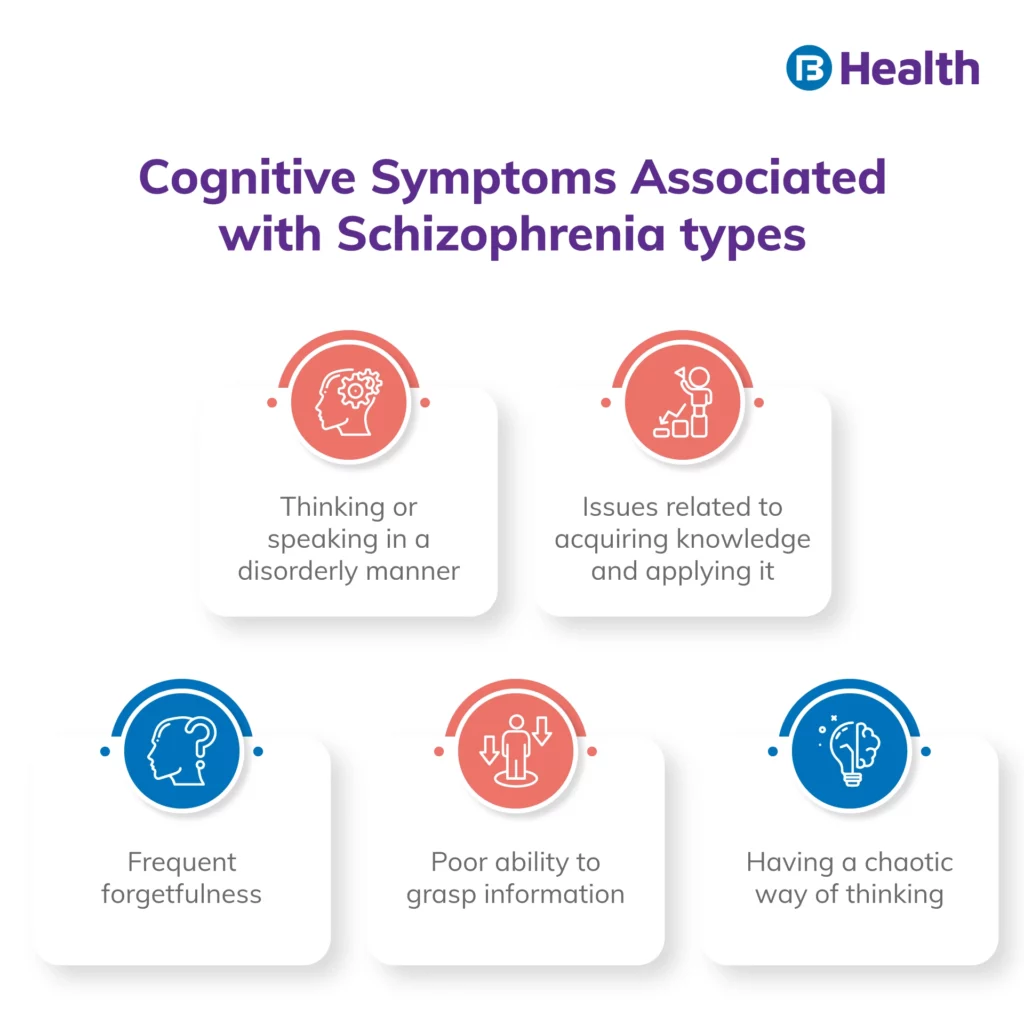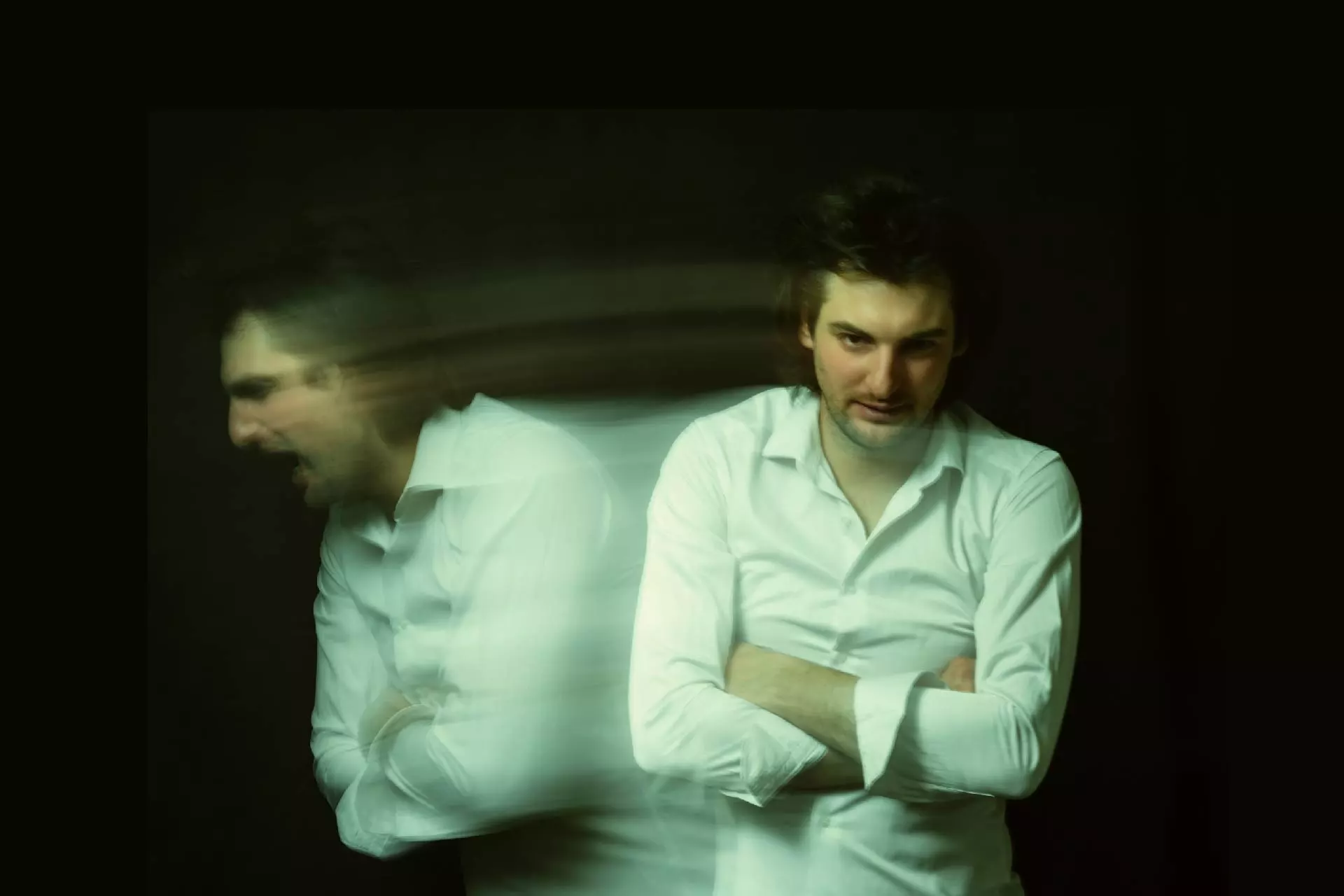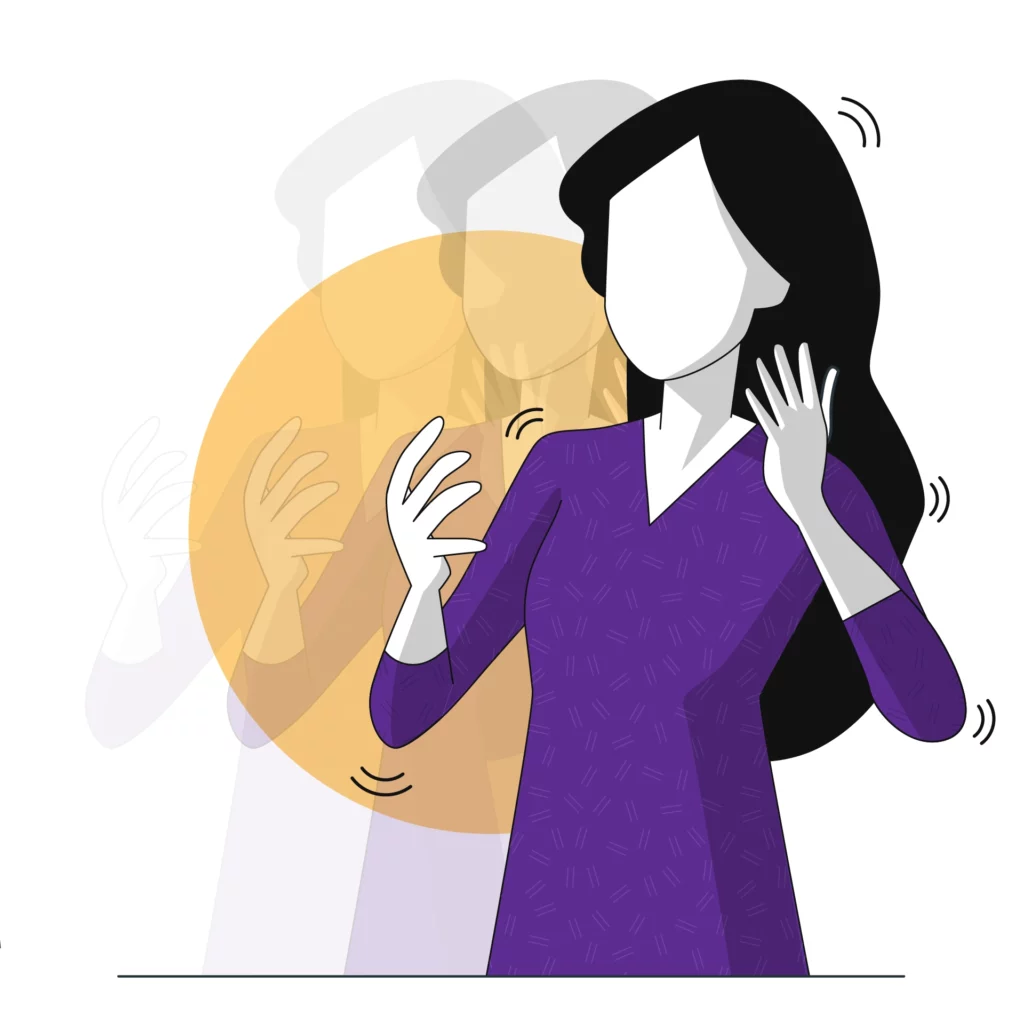Psychiatrist | 7 min read
What Are the Different Types of Schizophrenia?
Medically reviewed by
Table of Content
Synopsis
Key Takeaways
- This mental condition affects a person's emotions, ability to think, feel and way of communication
- It affects men and women equally. However, it is witnessed in males at a very young age
- The complexity of the schizophrenia types decreases with early diagnosis
Under this condition, people may lose touch with reality which can be distressing to people, family and friends. They may also find it hard to engage in day-to-day activities. Although, with treatment, schizophrenia symptoms are likely to improve. As per National Alliance on Mental Illness report, schizophrenia affects less than 1% of the US population [1]. Another fact about schizophrenia is there is no cure for this mental state. Although with therapies and medications, you can manage the condition and go back to your everyday life.
Most people have a misconception that schizophrenia patients end up being homeless or living the rest of their life in hospitals. However, most schizophrenia patients live with their families or on their own. Read further to know more about schizophrenia and schizophrenia types.What is Schizophrenia?
Schizophrenia is a serious mental disorder affecting a person's thinking, behavior and feelings.[2] They may also feel like they have lost touch with reality. Among men, it is common in the early 20s, whereas for women, it is witnessed in the late 20s or early 30s. Different types of mental disorders usually lead to misconceptions. Here are a few schizophrenia symptoms that will help you to understand the condition well. It usually falls into three categories. Psychotic, negative, and cognitive.
Schizophrenia Symptoms Types
Psychotic symptoms
The patient experiencing psychotic symptoms may feel like the whole world is distorted. You may notice changes in the way you think, act, and experience. The symptoms may come and go, but there is also the possibility of becoming stable over time. The following are the symptoms that occur in this category.
- Delusions: People believe something untrue or unreal. For example, individuals may believe that their life is in danger or someone is trying to hurt them.
- Hallucinations: People start hearing, tasting, seeing, or feeling things that don't exist. One of the primary schizophrenia symptoms is hearing voices. It may last for a long time until someone notices you.
- Movement disorder: A person may repeat a certain motion again and again.
- Thought disorder: People may have difficulty organizing thoughts and speech. For example, the person may stop talking in the middle of a conversation or may say things that have no meaning.
Negative symptoms
People may feel demotivated and lack interest in engaging in daily routines. As a result, they have difficulty expressing their emotions. Some additional symptoms also include:
- Social awkwardness: It may lead to escaping from social interaction
- Lacking expression: Limited facial expressions and the person may sound dull
- Lack of planning and coordination: The person may face trouble planning daily activities
Cognitive symptoms
The affected person may be unable to concentrate and have memory issues. This may affect daily functioning. Some symptoms include:
- Unable to focus on a particular topic
- Unable to process information to make a decision
The symptoms may vary from person to person. If you notice any of these symptoms, seek medical help without delay.
Current DSM-5 Status
The Diagnostic and Statical Manual of Mental Health published by the American Psychiatric Association (APA) serves as a diagnostical tool. It works as a principal authority for mental disorders. It suggests diagnostic criteria, treatments, and health care professionals' payment. The DSM-5 is not a major version, although it carries significant information about schizophrenia types. According to the DSM-5 classification, a person should show at least two of the schizophrenia symptoms for a period of one month to receive the diagnosis of schizophrenia [3]. Among them, some symptoms should be delusions, hallucinations, or difficult speech, which significantly affect a person's social life, personal life, and occupation. The DSM-5 also carries changes in depressive disorder, gender dysphoria, and many more.

Schizophrenia Types
Schizophrenia types are often categorized by a person's symptoms. Therefore, we have listed different types of schizophreniabelow:
Paranoid Type
The schizophrenia paranoid type is the most common type of schizophrenia. Following were the criteria stated for the Paranoid type:
- Frequent hallucinations
- Periodical delusions
- Concentration problems
- Lack of emotions
- Disorganized speech
- Catatonic behavior
Hebephrenic Type
Hebephrenic schizophrenia, also known as disorganized schizophrenia, is removed from DSM 5's list of schizophrenia types.However, it is still acknowledged by the International Statistical Classification of Diseases (ICD-10). In this schizophrenia type, a person may not experience hallucinations or delusions. The other symptoms that they tend to feel are:
- Disorganized thinking pattern
- Lack of emotional response
- Inappropriate facial reaction
- Difficulty engaging in daily activities
Residual Type
In this sub type, the patient is previously diagnosed with schizophrenia. Although prominent symptoms of the disease are not seen, you can expect less intense symptoms like:
- Lack of hygiene
- Speech issue
- Lack of concentration
- Emotional withdrawal
Catatonic Type
Catatonic type is among the types of schizophrenia disorders which are not used as a diagnosis these days. Many experts argue that it should be more specified because it occurs with many types of mental disorders, such as bipolar disorder. The person dealing with the catatonic type displays abnormal body movements. The symptoms include:
- Repeating other's words
- Depression or psychosis
- Mimicking other people's behavior
- Mutism
A person should at least be diagnosed with any two symptoms to receive the diagnosis of catatonic schizophrenia.
Additional Read: Types of Bipolar DisorderUndifferentiated Type
A person falling under this schizophrenia type tend to display symptoms across the various type of schizophrenia disorders. For example, individuals showing hebephrenic schizophrenia may also have delusions and hallucinations. Hence, an undifferentiated type of patient may show the behavior of more than one kind of schizophrenia.
Childhood Schizophrenia
It is a mental condition that affects children under the age of 13. Childhood schizophrenia is also known as early-onset schizophrenia. It is not one of the schizophrenia types. It is a condition that affects around 0.4 per cent of children. The cause of childhood schizophrenia is still unknown.
The following factors increase the risk of schizophrenia in children:
- Lack of nutrition to the mother during the pregnancy period
- Mothers prone to certain viruses during pregnancy
- Complications during childbirth
Children dealing with schizophrenia may show behavioural changes. However, it is hard to diagnose in children because several symptoms resemble other mental conditions.
Symptoms common in older kids and teens are:
- Sleep issues
- Poor performance in school life
- Lack of attention
- Withdrawal from social interactions
- Change in behaviour
- Usage of unhealthy substances
The treatment depends on the severity and schizophrenia types. You can expect therapy and counselling for the patient and family members. In addition, doctors may also prescribe antipsychotic medications considering the child's age. Social skill training is also part of the treatment as it helps them overcome social awkwardness.
Conditions Related To Schizophrenia![Suffering from Schizophrenia? 27 ill jan-Suffering from Schizophrenia?]()
According to DSM 5, along with schizophrenia, several other conditions include:
Schizoaffective Disorder
It is a severe mental condition that shows the symptoms of both schizophrenia and mood disorders such as bipolar disorder. Doctors are not sure whether schizoaffective disorder is related mainly to schizophrenia or mood disorder. However, it is considered a combination of both and treated accordingly. Only 0.3% of the population is estimated to undergo this disorder.
Schizotypal personality Disorder
People with schizotypal personality disorder exhibit unusual behaviour, superstition, and distorted views of reality. Patients with this mental condition feel intense discomfort with social interactions and close relationships. Other symptoms include irrational speech and magical belief that doesn't exist in the real world.
Psychosis:
A person diagnosed with psychosis has disturbed thoughts and perceptions. [2] They find it hard to understand the differences between what is real and unreal. In simple words, they have a loss of contact with reality. People of any age may develop psychosis.
Here are a few warning signs about the condition:
- Difficulty in understanding the difference between reality and fantasy
- Difficulty in communicating and not sure about what to say
- Withdrawing from social interactions
- Interested in spending alone time
- Unable to think properly
- Poor personal hygiene and self-care
- Appetite issues
- Sleeping problems
- Drop in daily performance
Many people avoid talking about mental health conditions. Although, it is high time to understand that your mental health is as important as physical health. With early diagnosis and therapies, you can manage your mental health and get back to your normal life. If you are someone who is looking for guidance related to schizophrenia or any other mental condition like borderline personality disorder,try Bajaj Finserv Health. Avail psychiatrist consultation at your convenience here. Download Bajaj Finserv Health App, register your details and book a slot to get a consultation. Stable mental health is the first step toward your well-being!
References
- https://www.nami.org/mhstats
- https://www.nimh.nih.gov/health/topics/schizophrenia
- https://en.wikipedia.org/wiki/DSM-5#:~:text=The%20Diagnostic%20and%20Statistical%20Manual,American%20Psychiatric%20Association%20(APA)
- https://www.nimh.nih.gov/health/publications/understanding-psychosis#:~:text=The%20word%20psychosis%20is%20used,is%20called%20a%20psychotic%20episode.
Disclaimer
Please note that this article is solely meant for informational purposes and Bajaj Finserv Health Limited (“BFHL”) does not shoulder any responsibility of the views/advice/information expressed/given by the writer/reviewer/originator. This article should not be considered as a substitute for any medical advice, diagnosis or treatment. Always consult with your trusted physician/qualified healthcare professional to evaluate your medical condition. The above article has been reviewed by a qualified doctor and BFHL is not responsible for any damages for any information or services provided by any third party.






